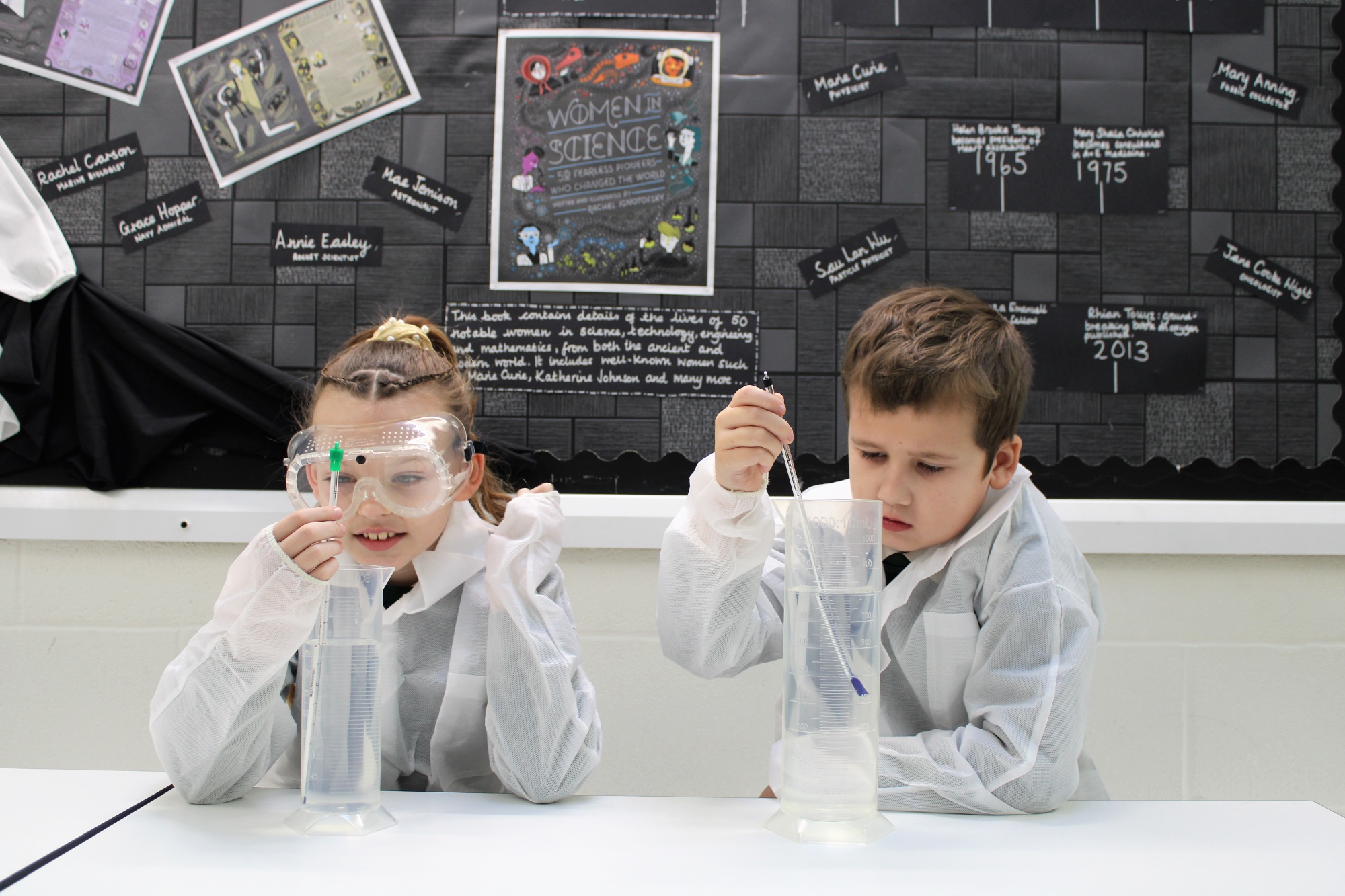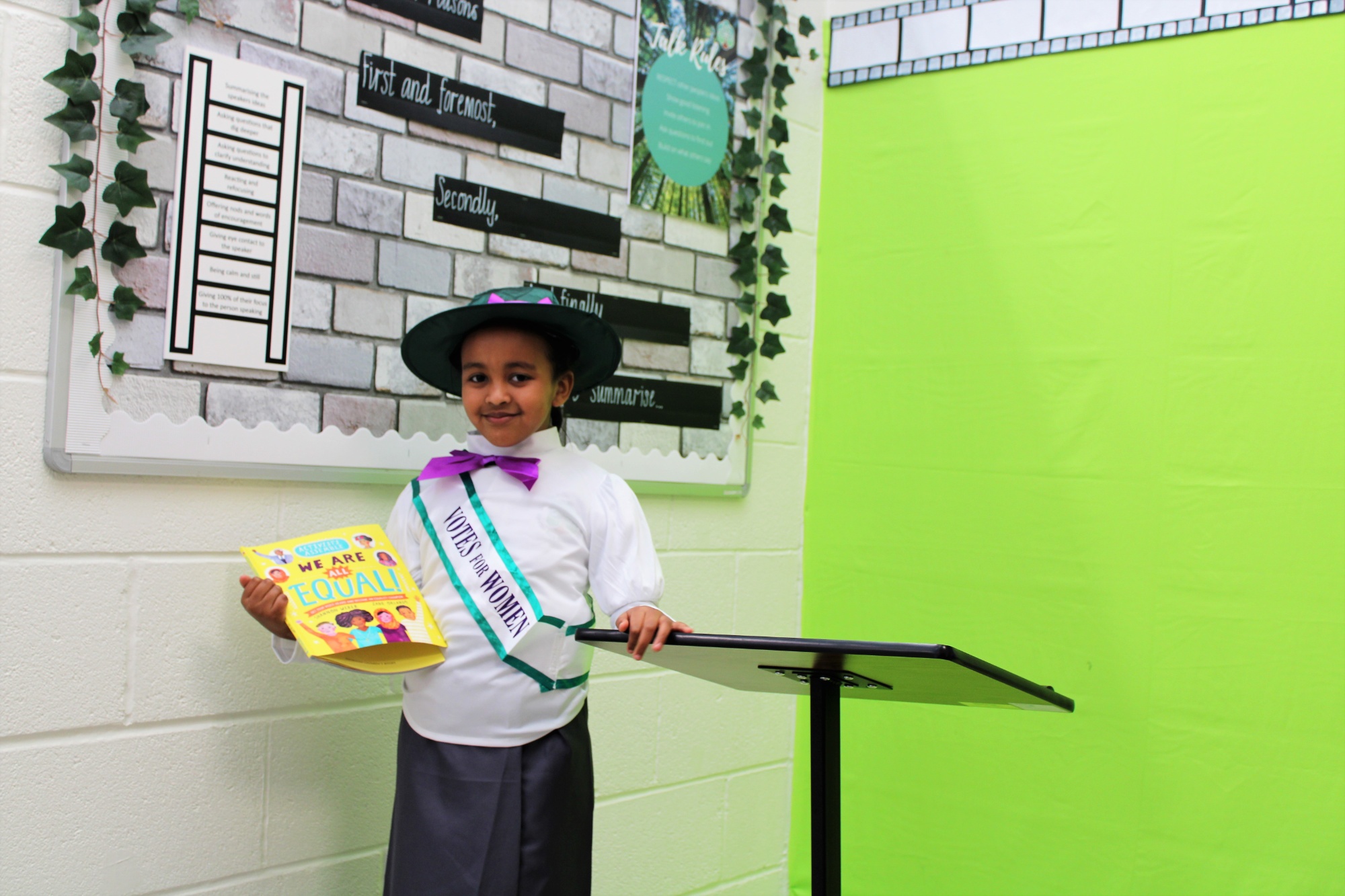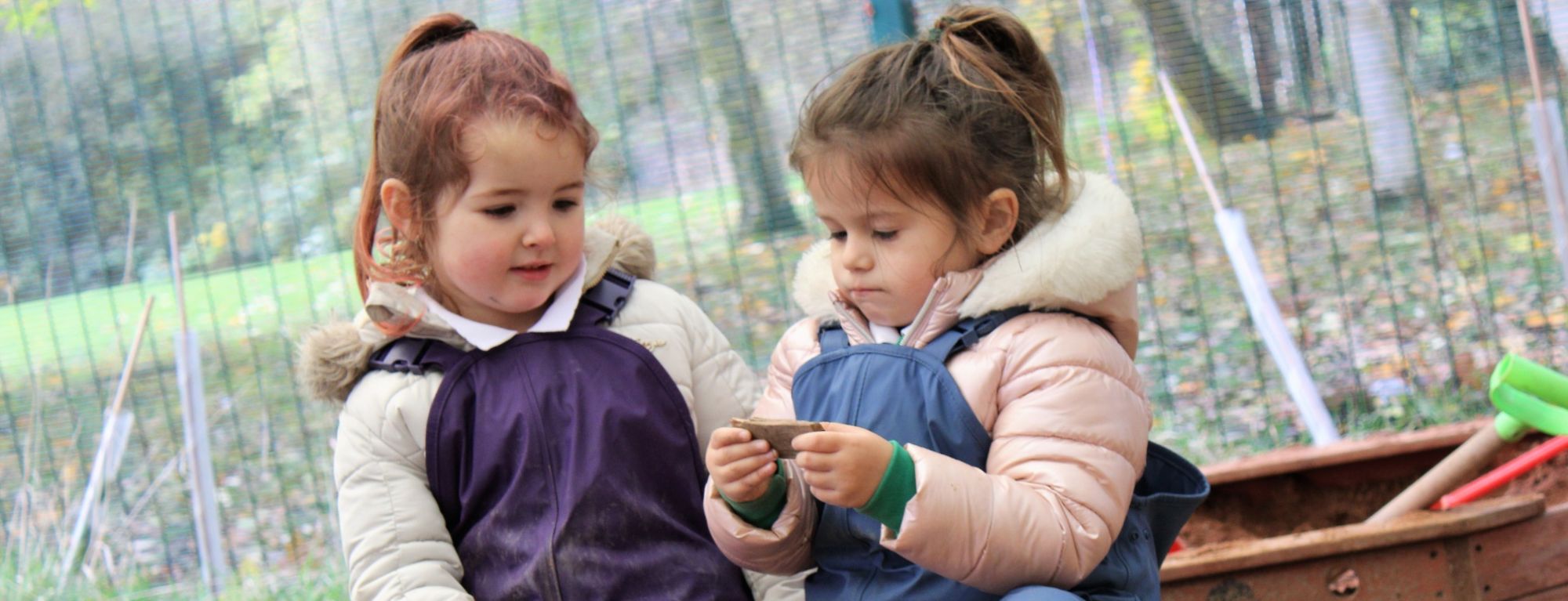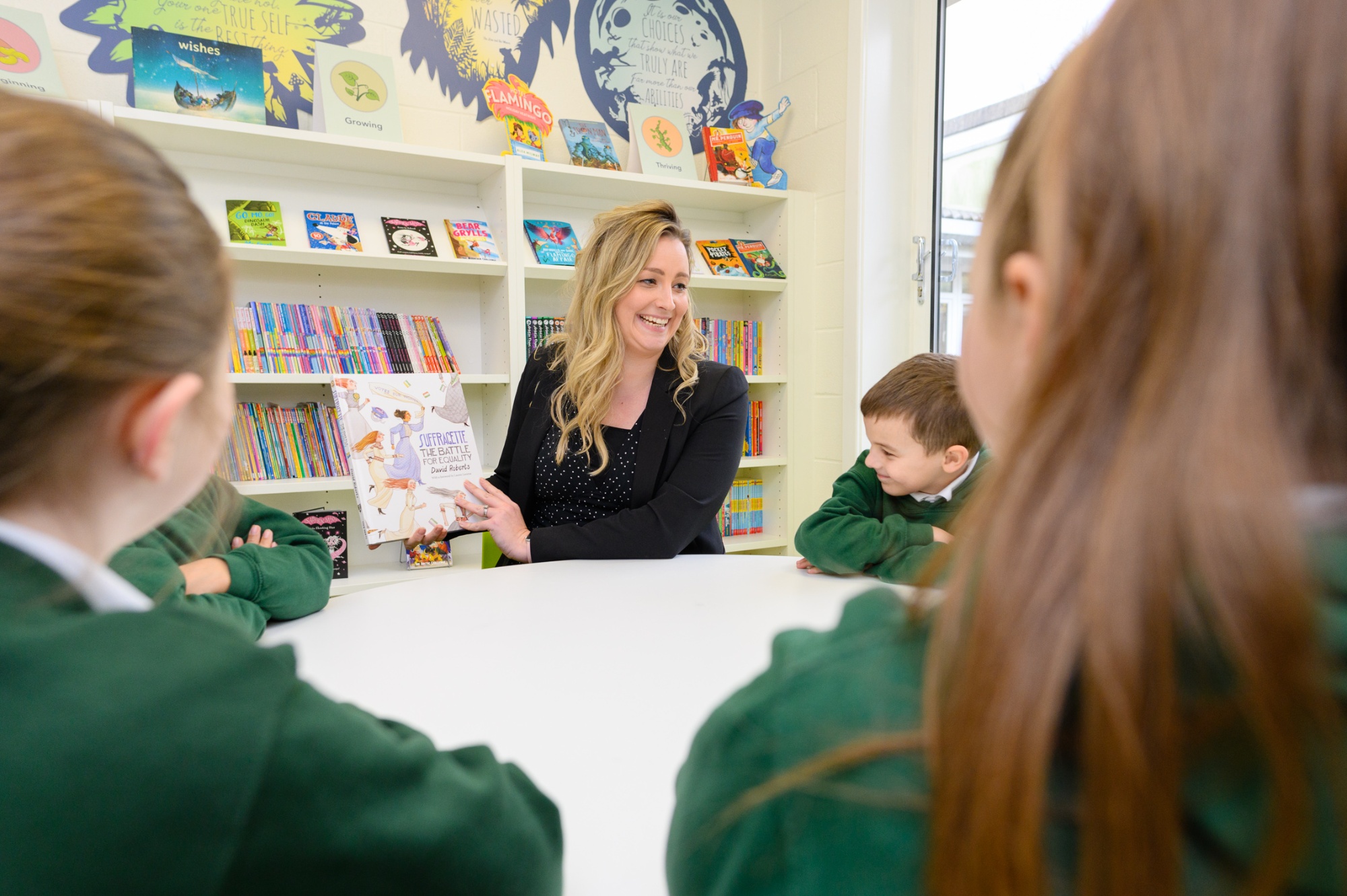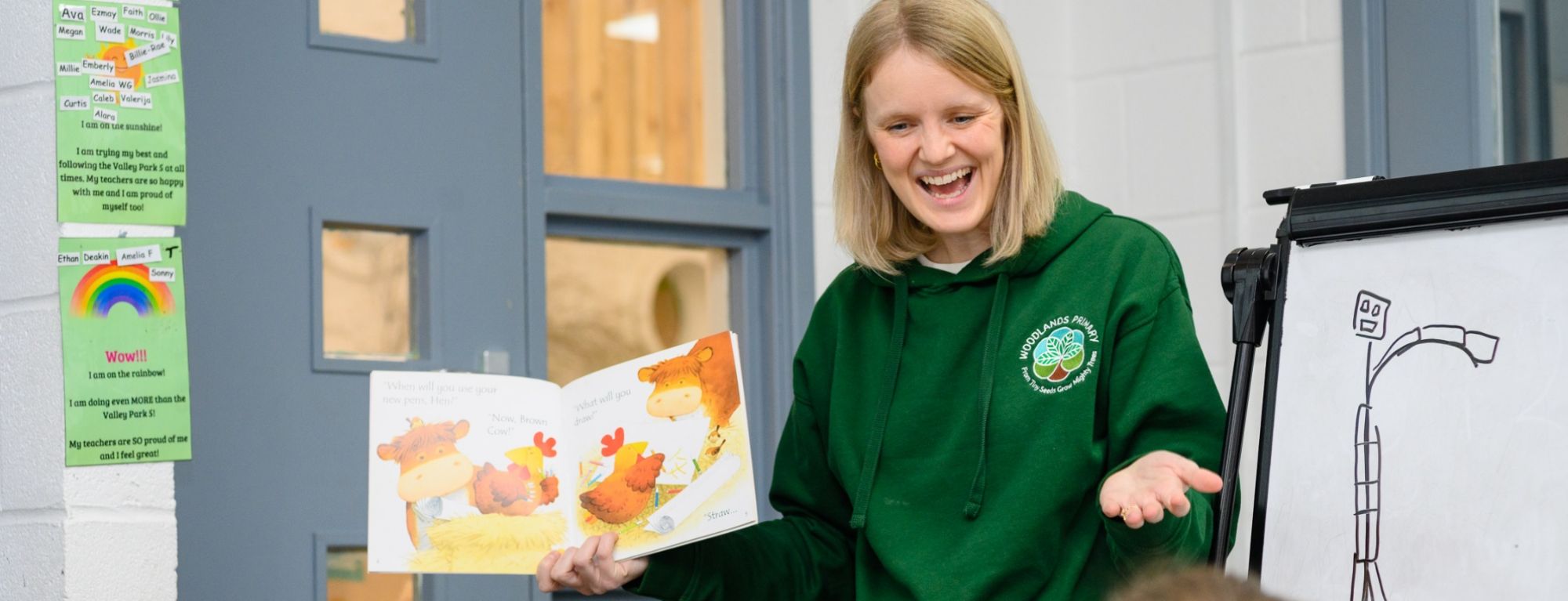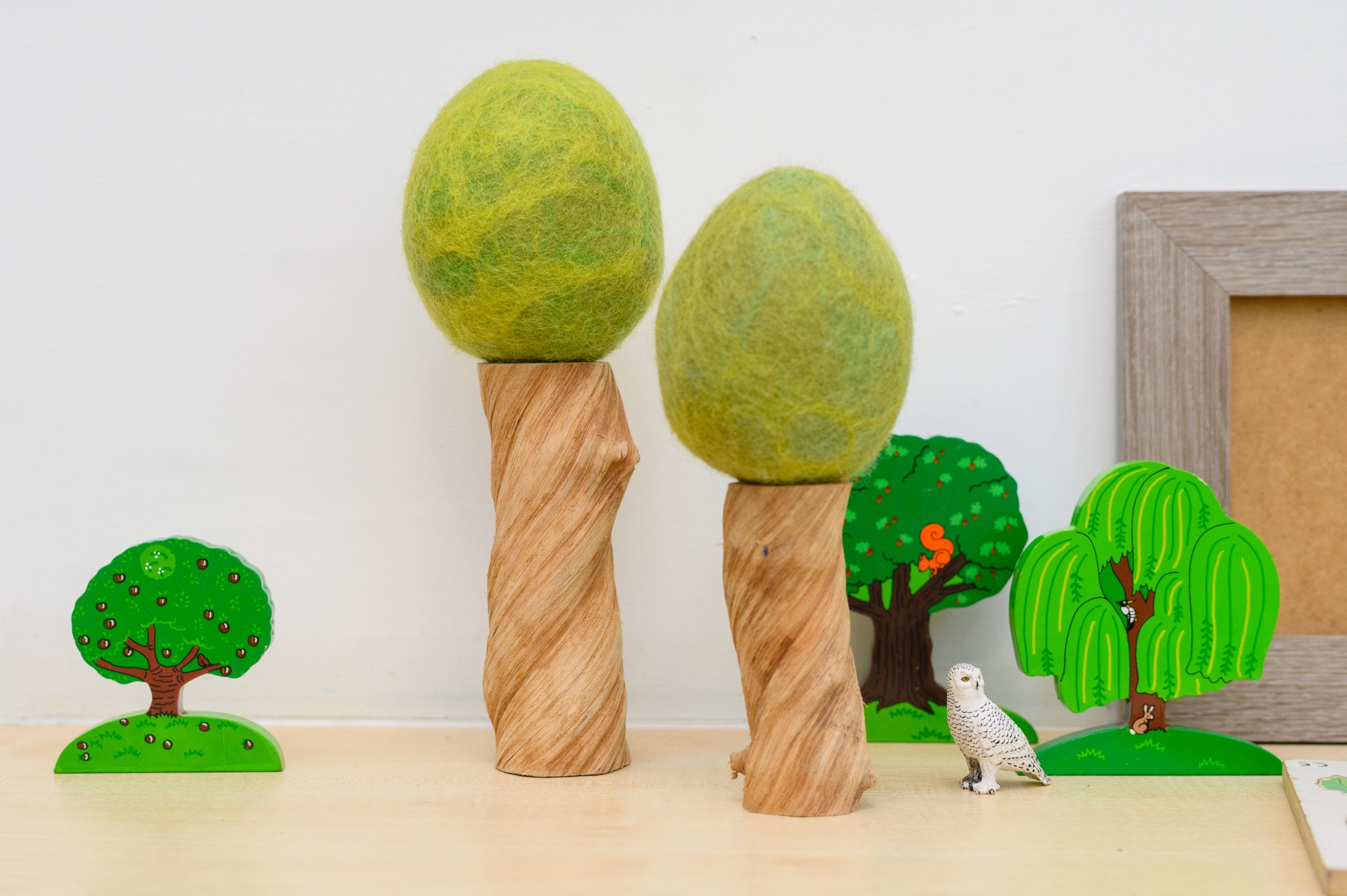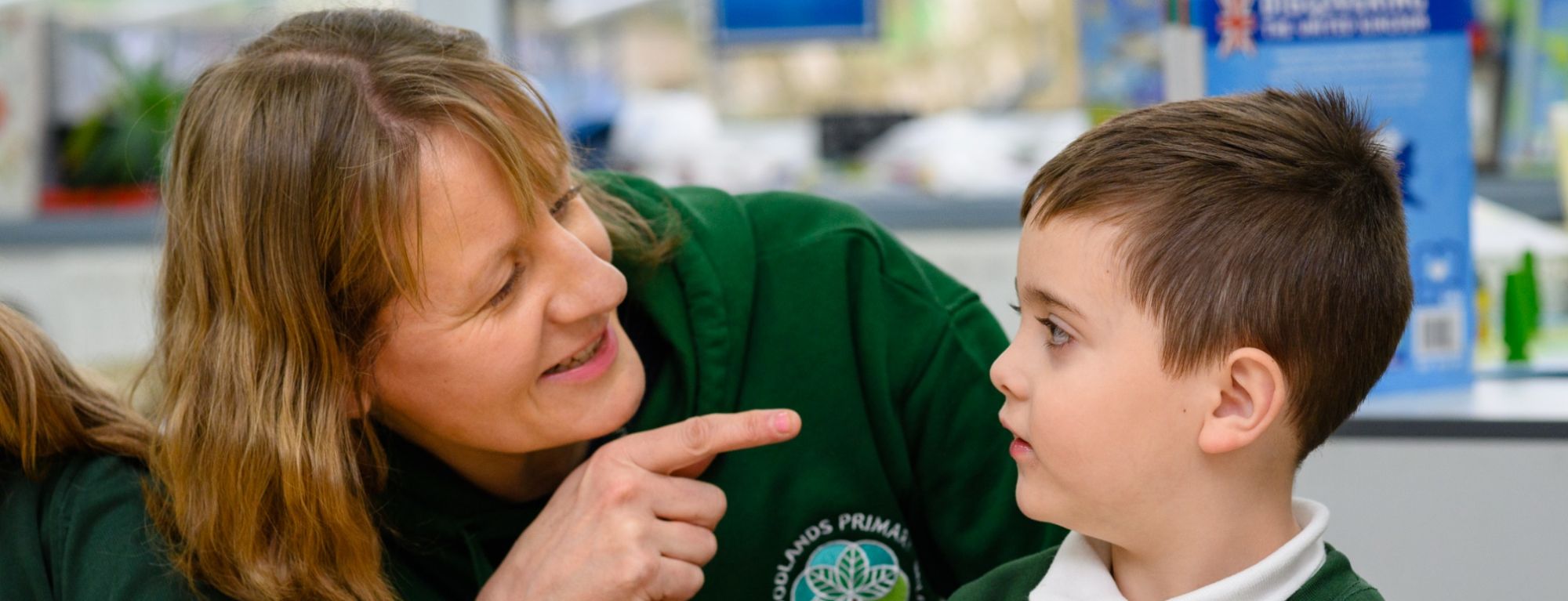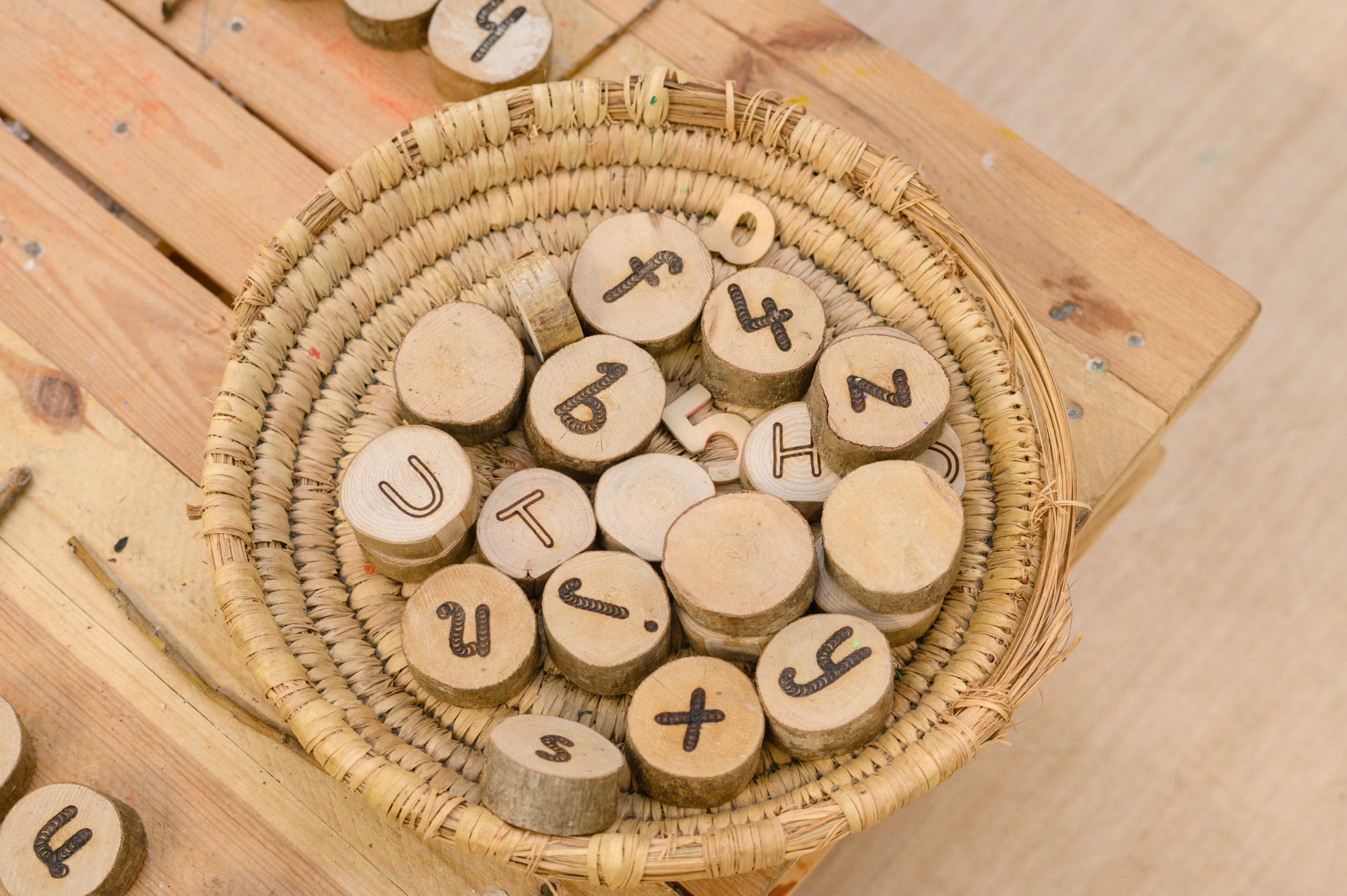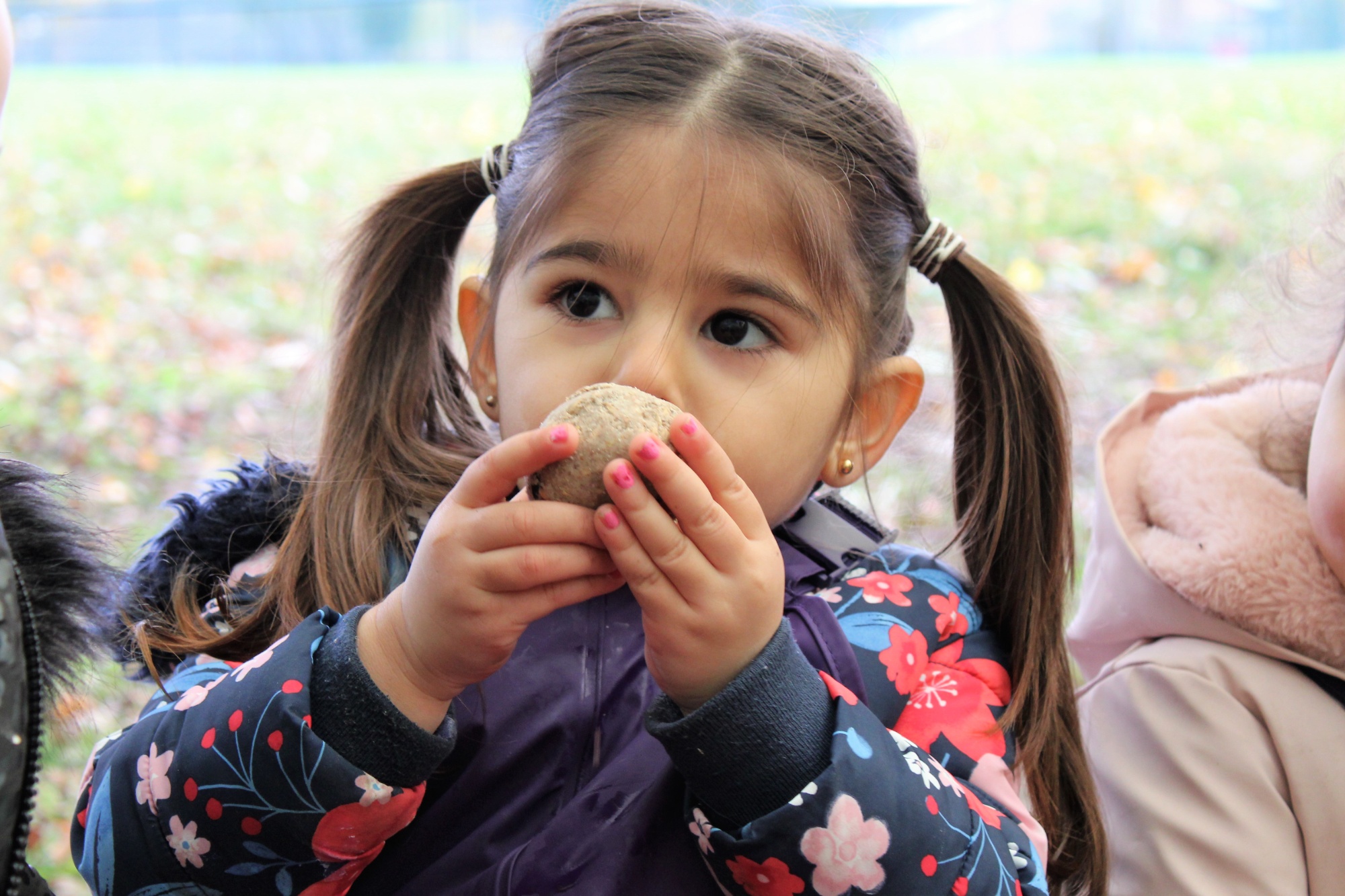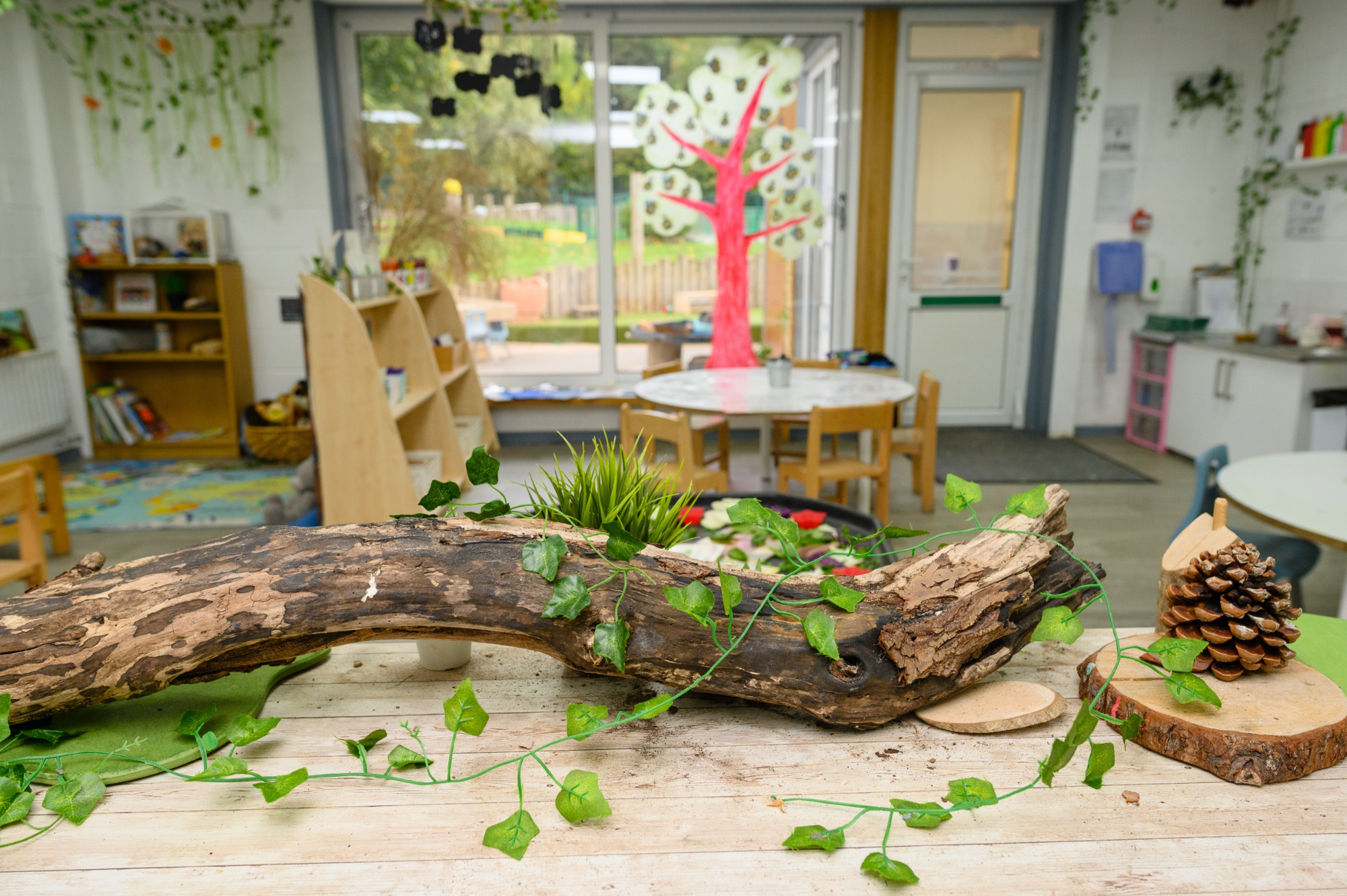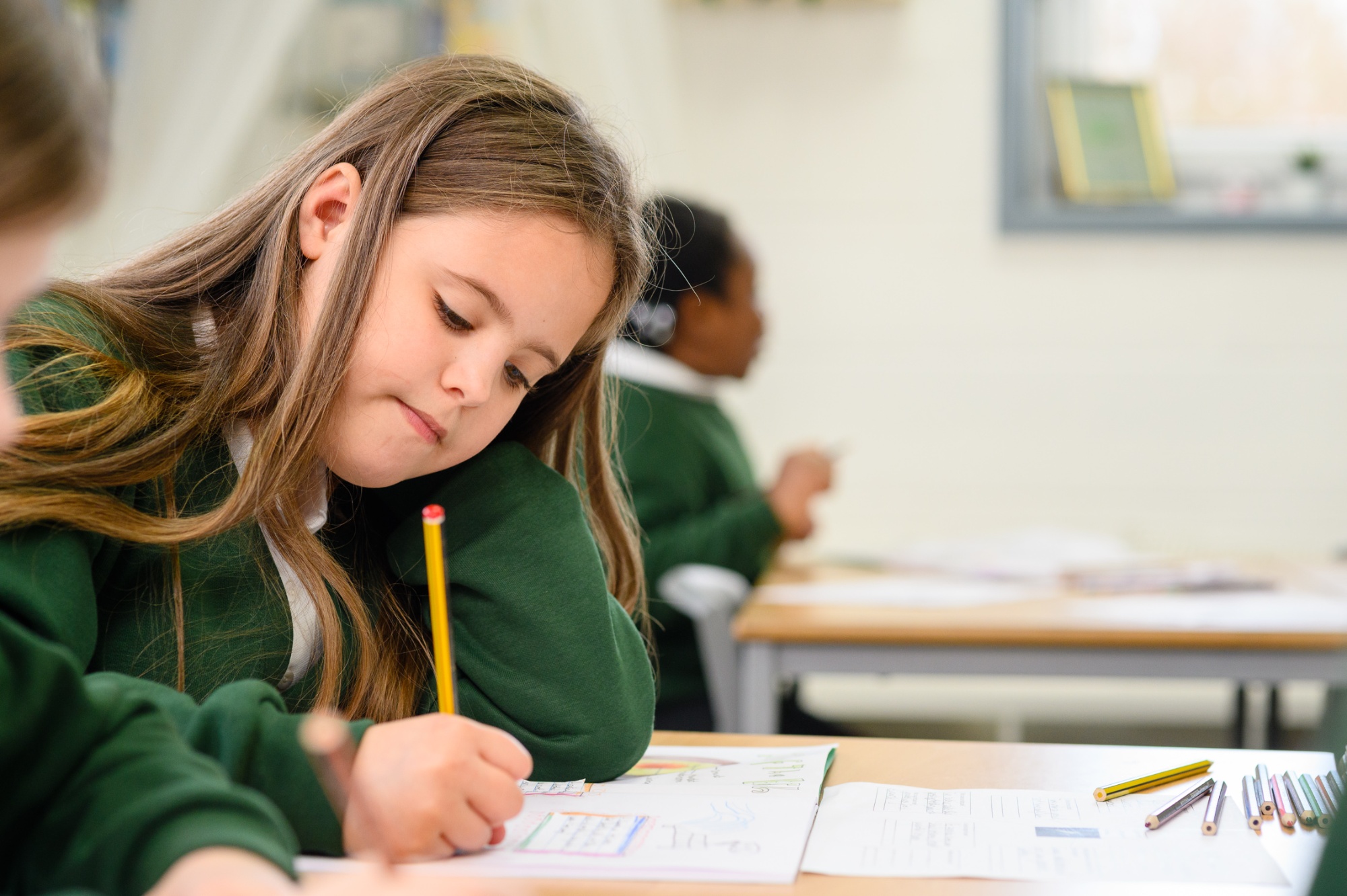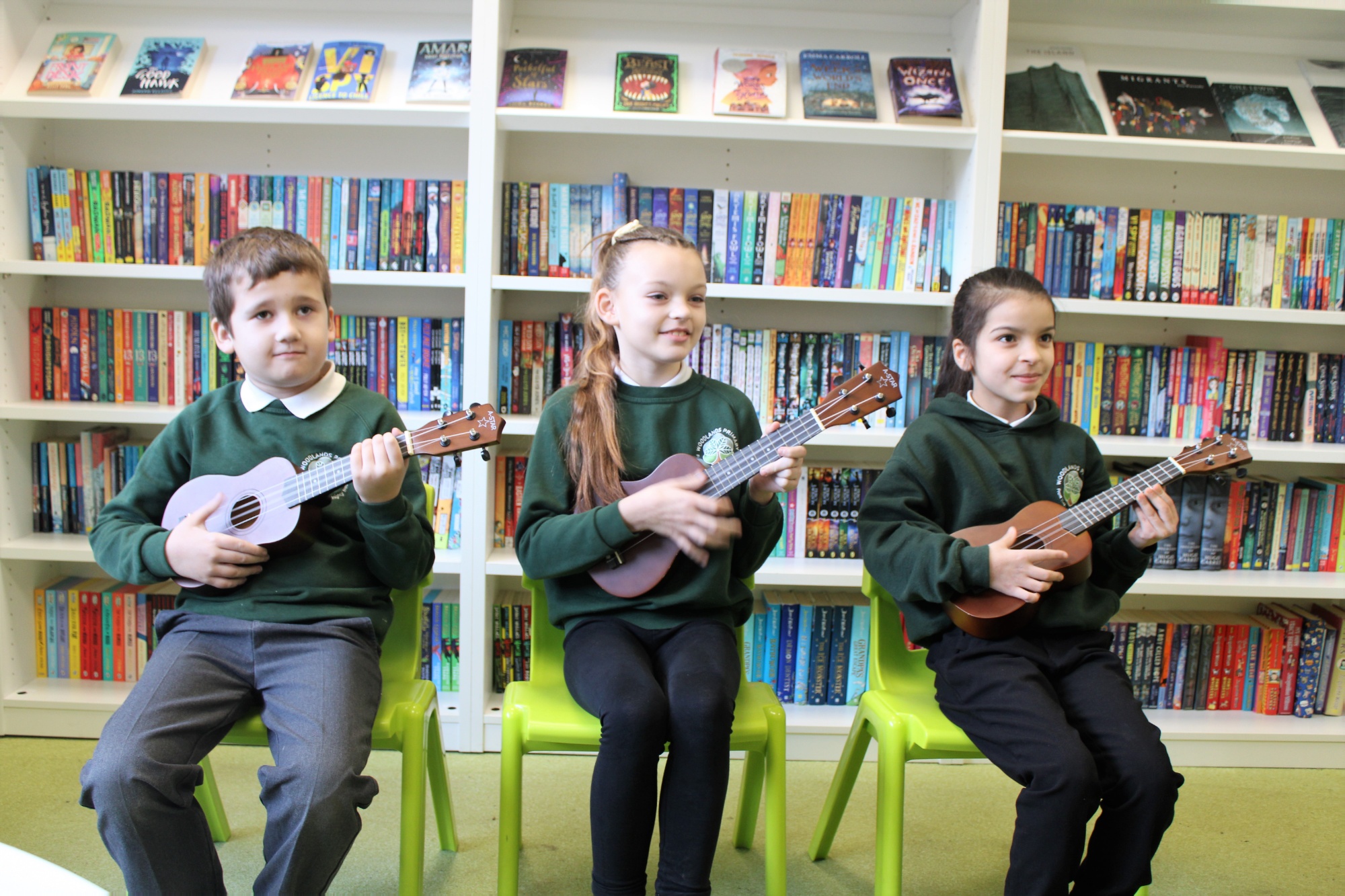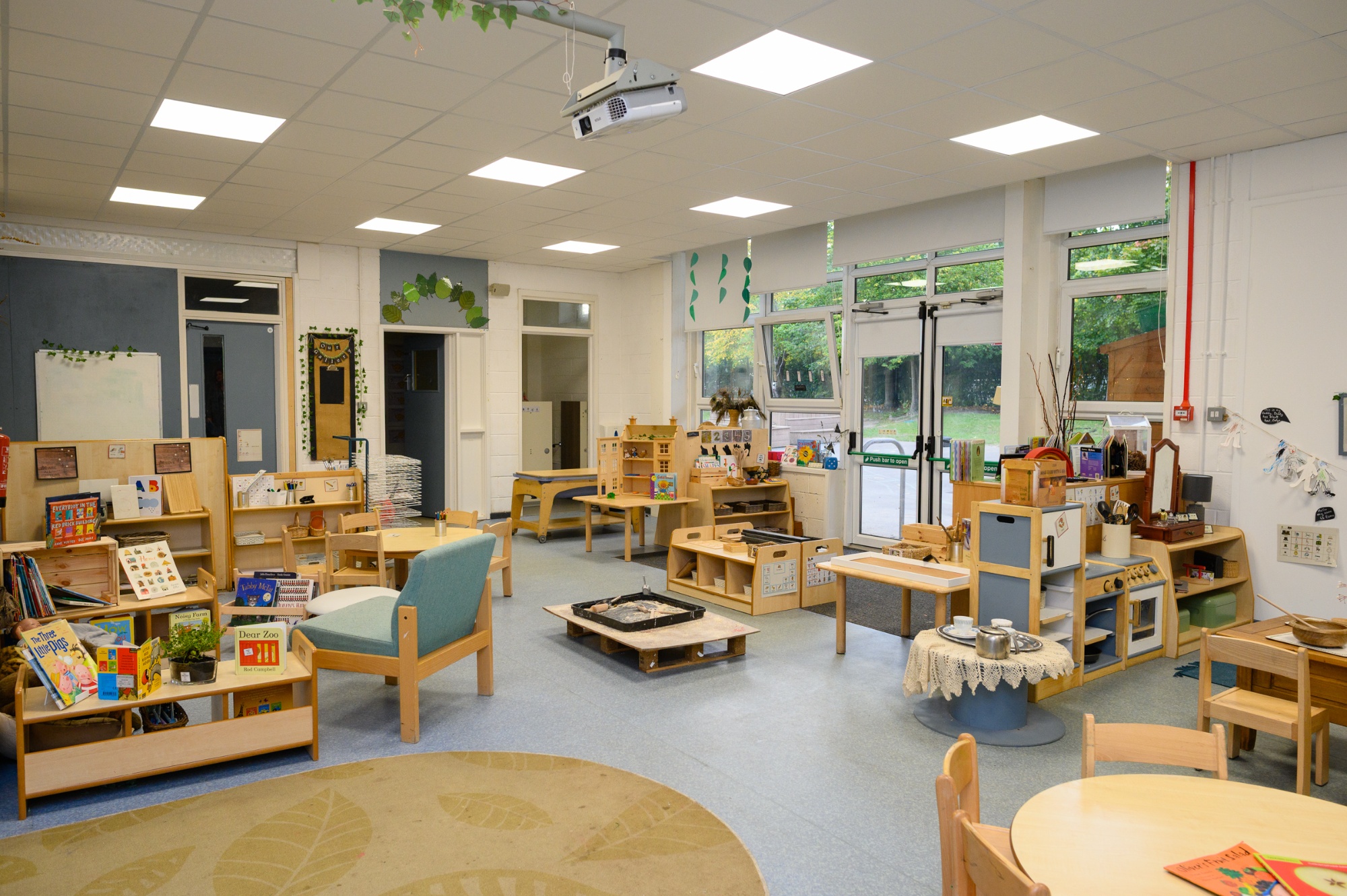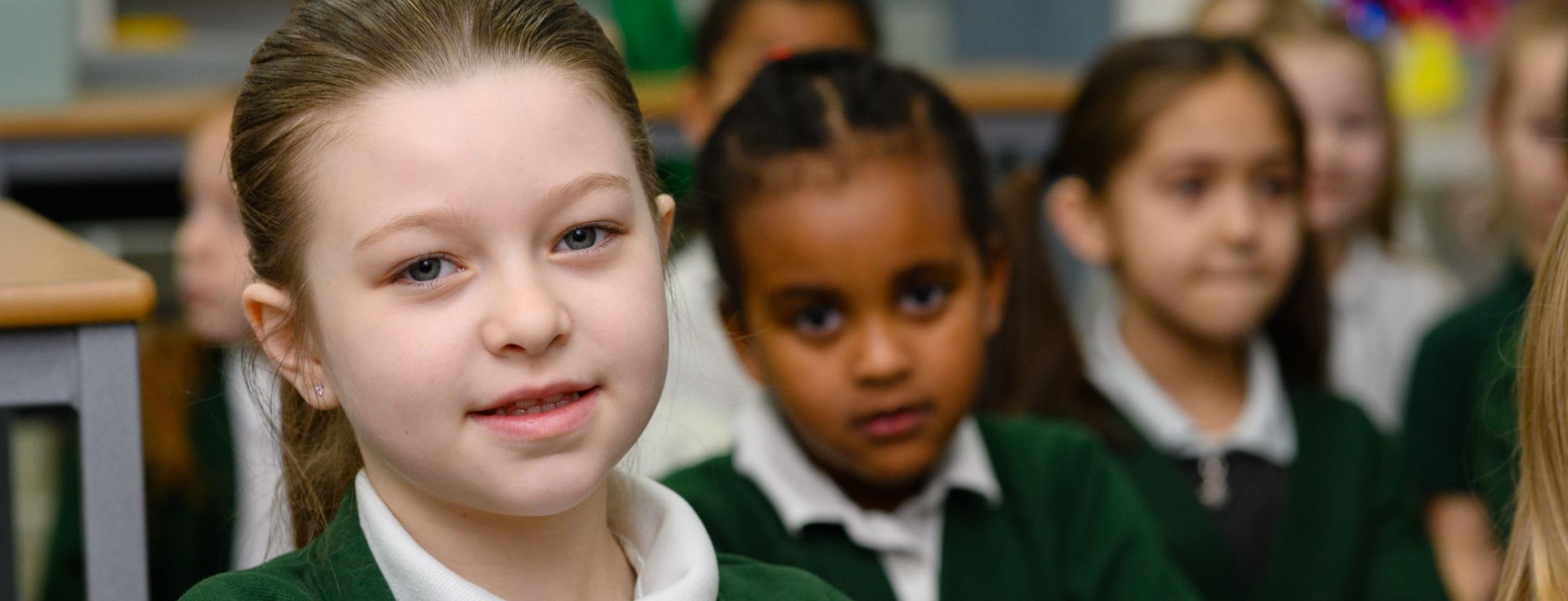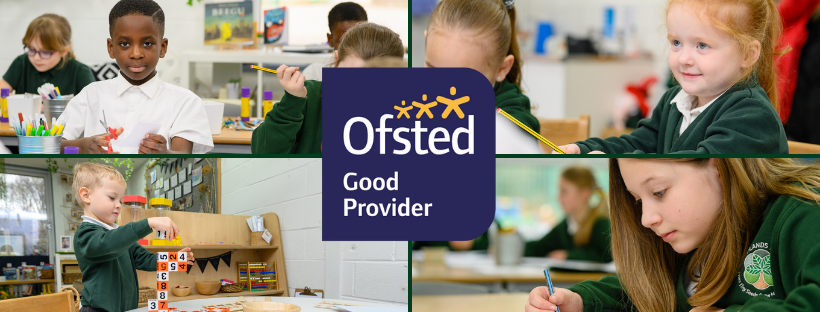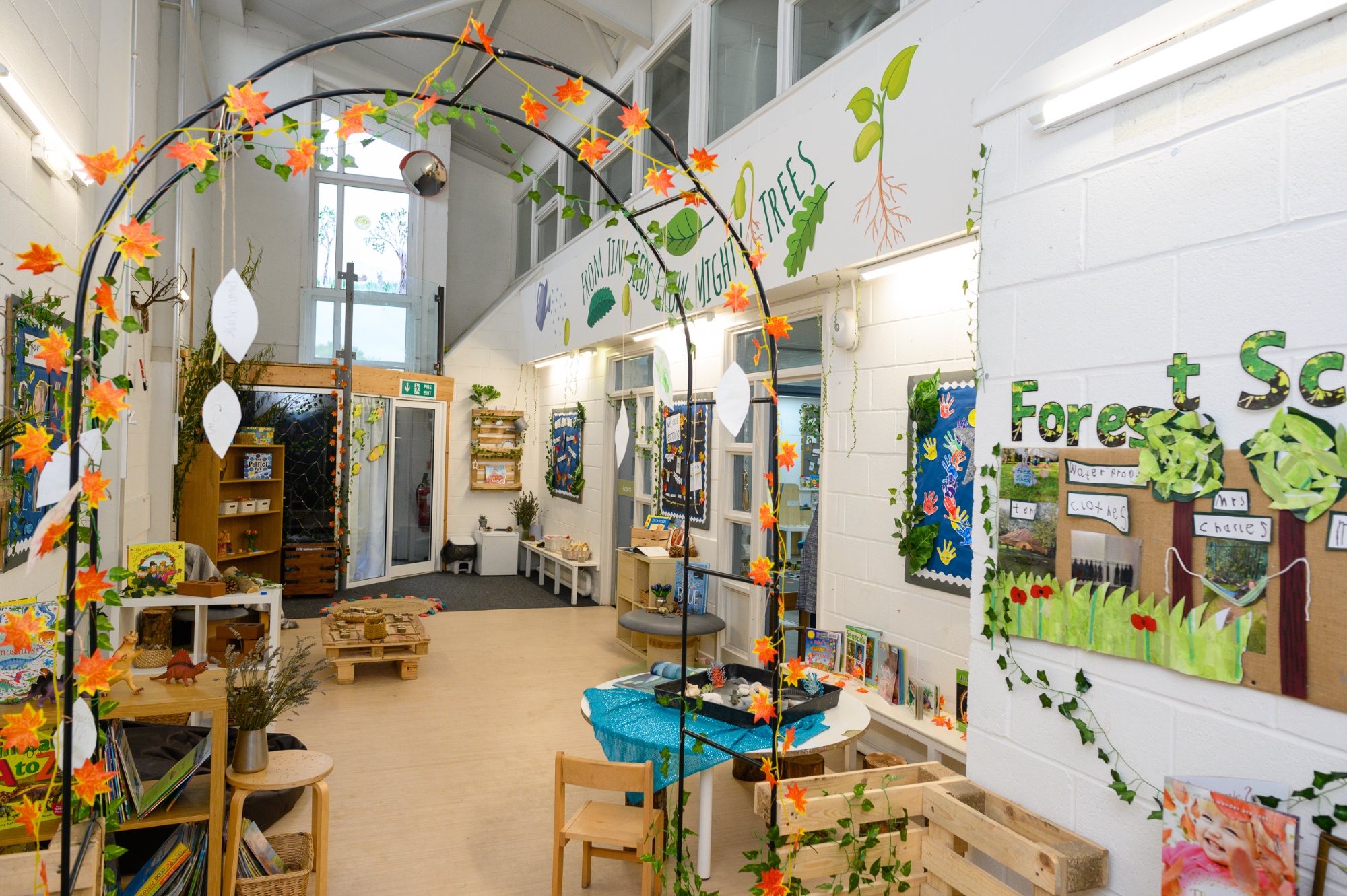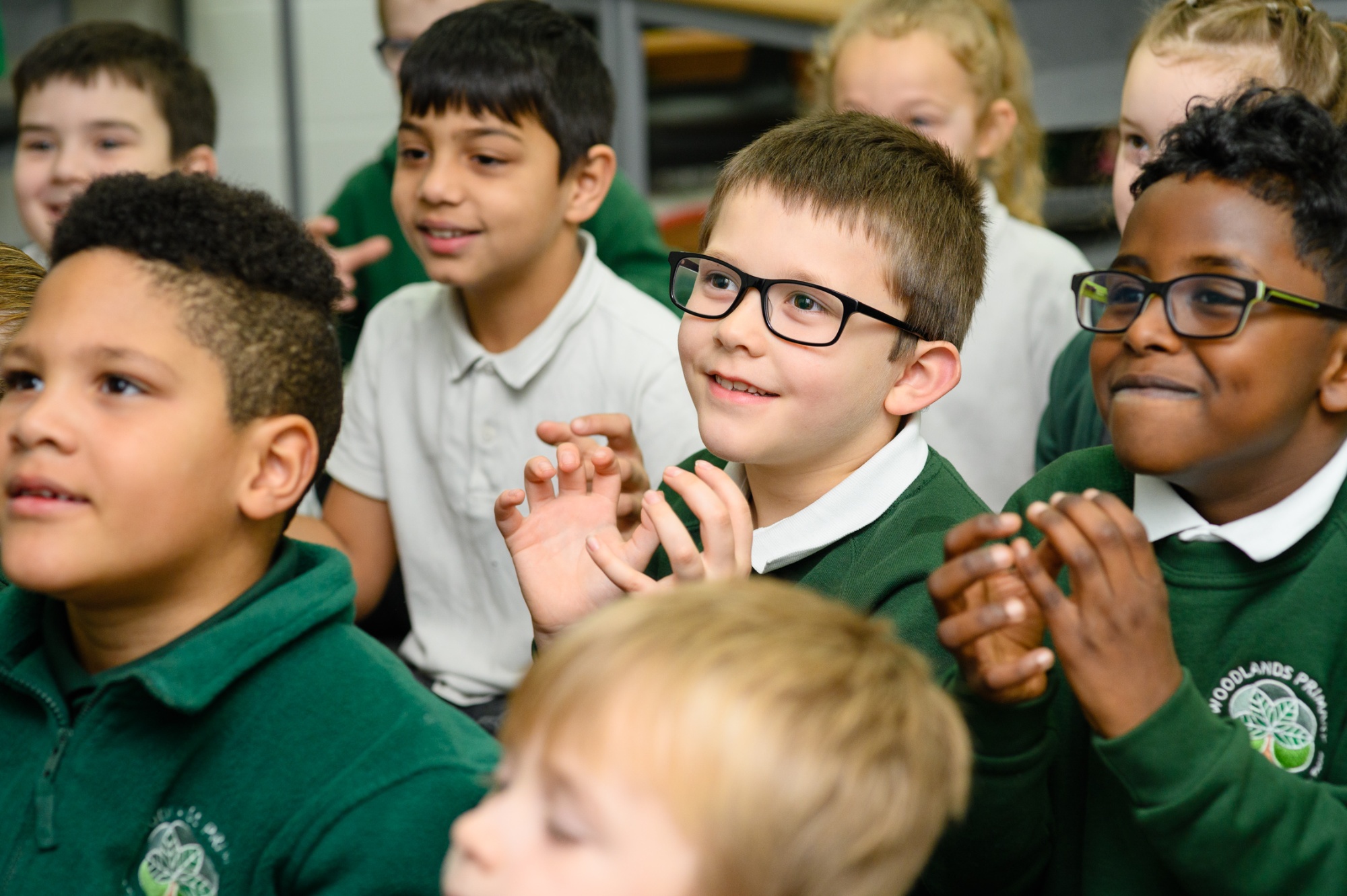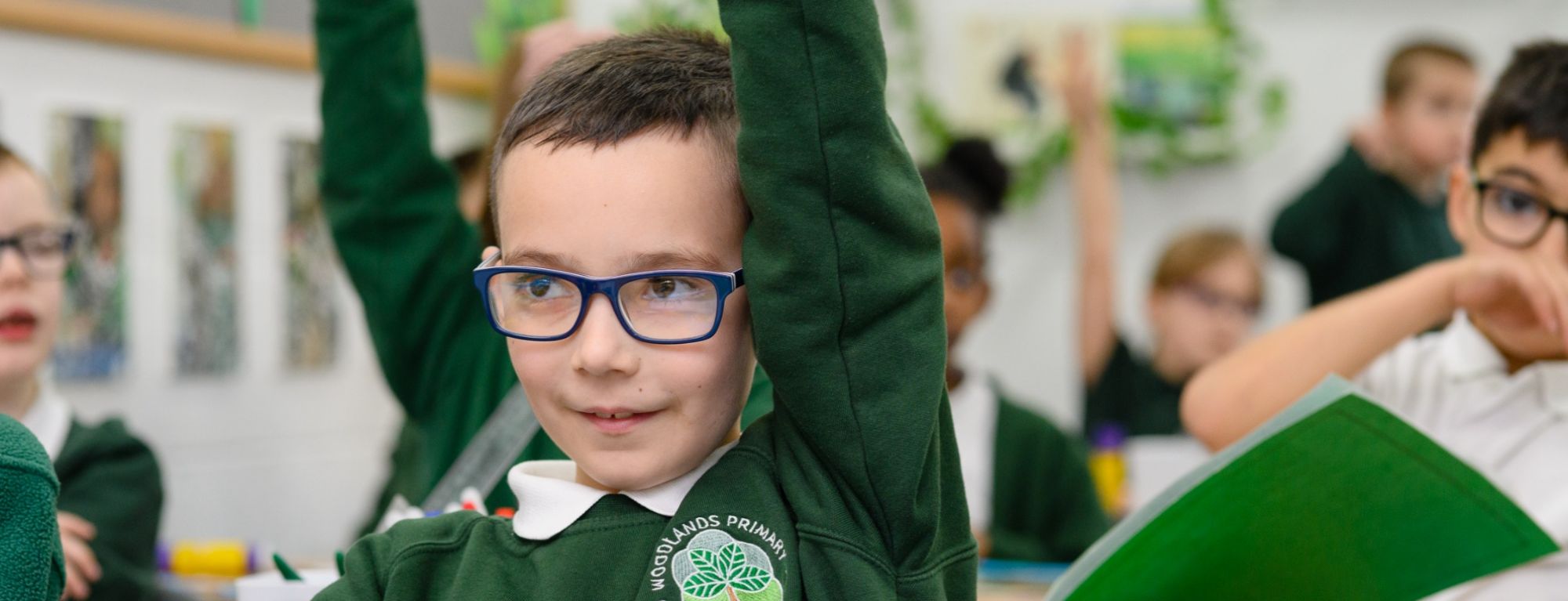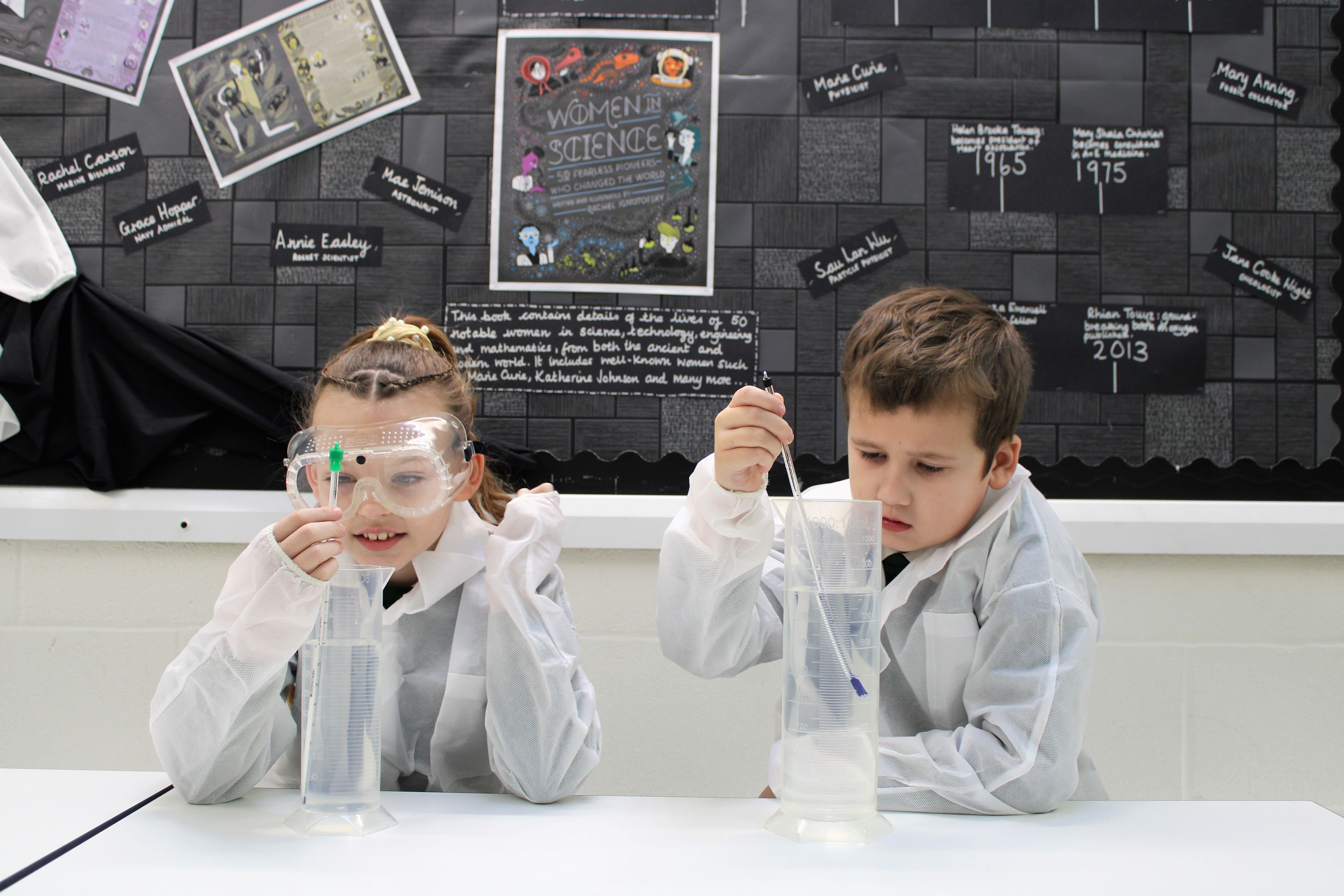Science
Early Science
Early science at Woodlands has a focus on understanding the world. The science topics covered are always in context, e.g. looking at plants in the summer months.
Understanding the natural world is covered in depth and children can explore their own interests within inside provision and in the outside provision. Children have a real focus on looking at similarities and differences within these topics.
Links and connections
Scientific concepts are within, and connect with many subjects in the Woodlands Curriculum with very easy links to mathematics, Physical Education, Design Technology and Geography. These links are planned but can also arise naturally through children’s own interests and questions.
Fluency in Scientific concepts
At Woodlands, we pride ourselves on our fluency focus. We want children to leave our school confident and retaining vital knowledge as their educational journey continues.
We use fluency tools to support this understanding of key learning, which includes using the Leitner System for frequent vocabulary checks. We also start each science lesson with a fluency activity based on the current topic, e.g. labelling the parts of the digestive system in Year 4.
Misconceptions
Misconceptions in science can be common and widely explored through teaching at Woodlands.
Our teachers have strong subject knowledge, and so they are able to plan effectively for misconceptions in advance, so that they can address them as they arise and respond accordingly, so that pupils have the correct understanding.

